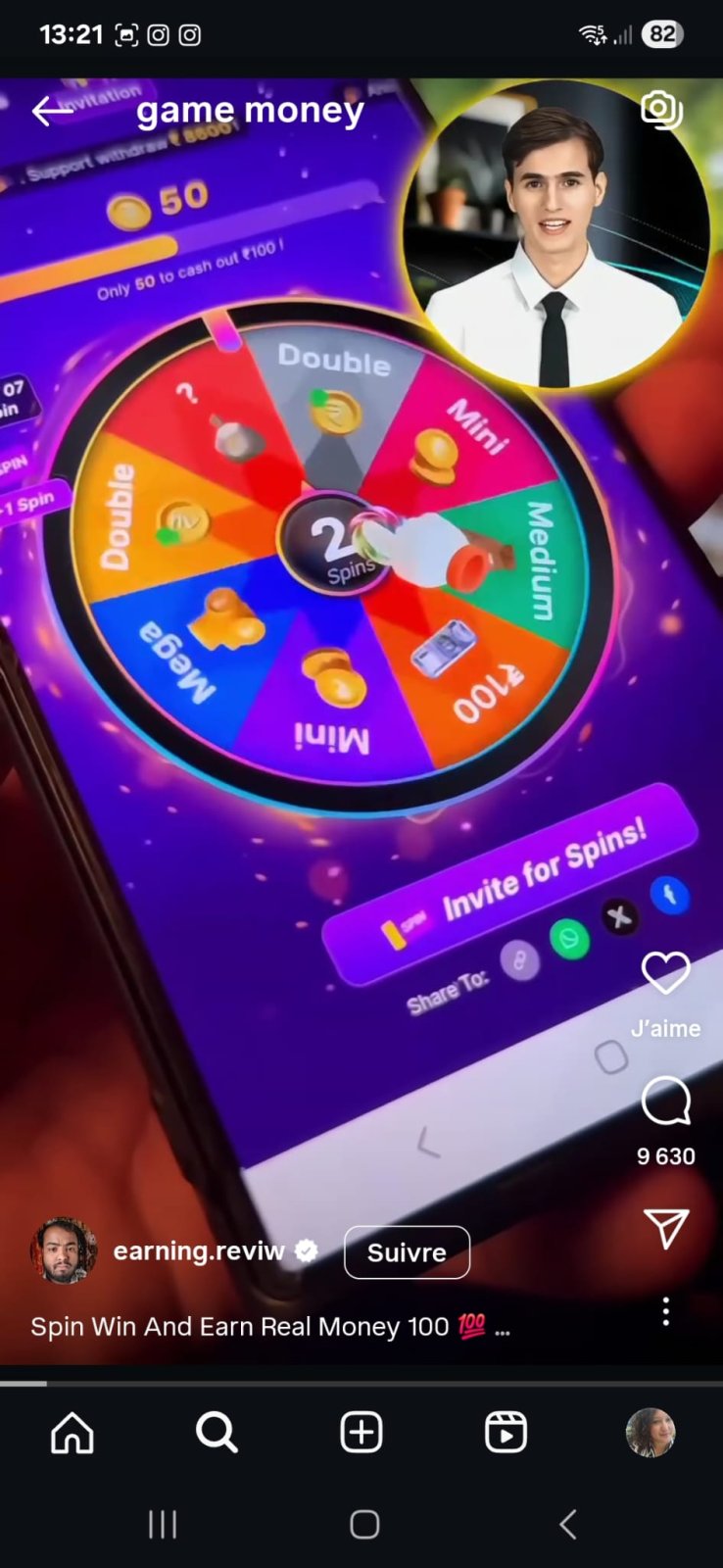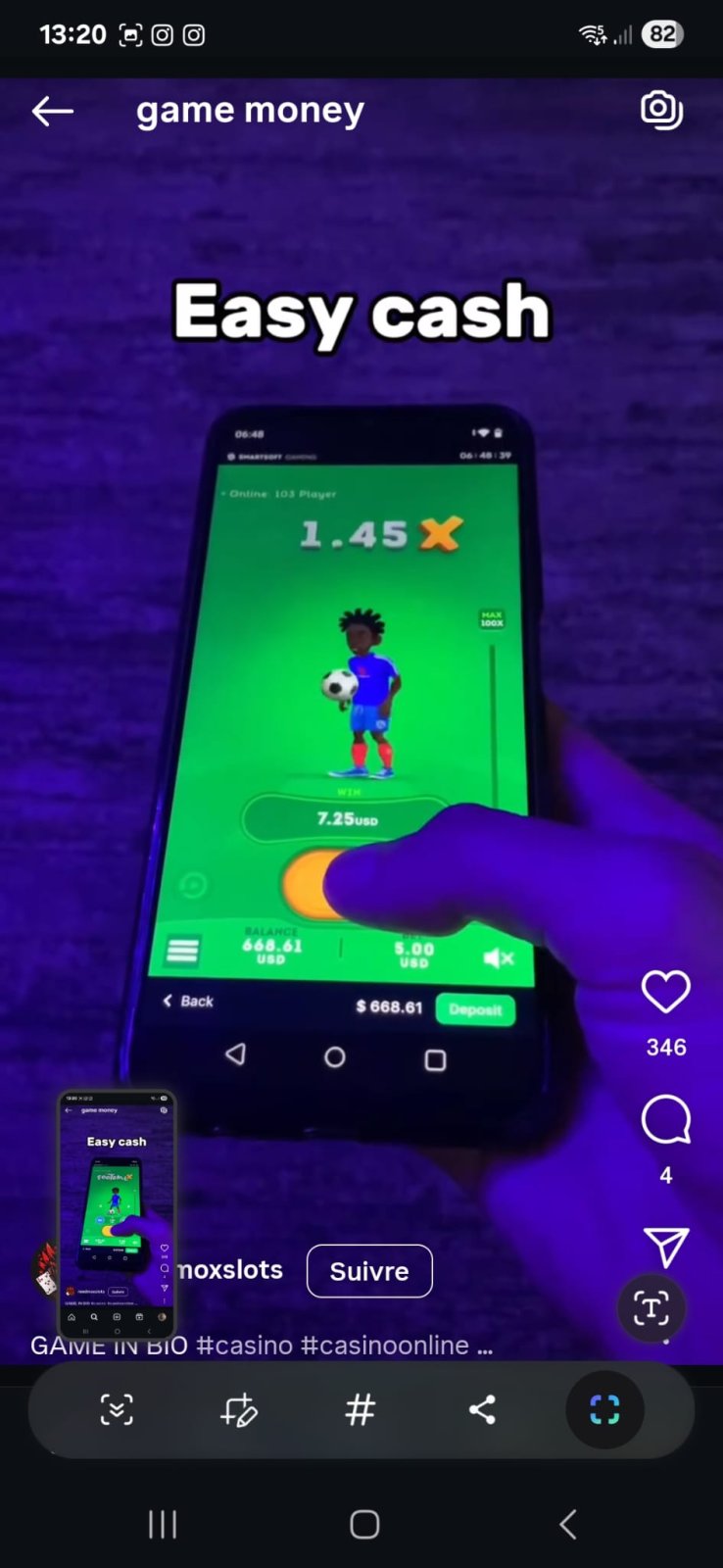Apps promising quick cash are multiplying, and some scammers are even going so far as to impersonate influencers or celebrities to trap internet users. Here's what you need to know to avoid falling into the trap.
1. Never download a game from an unknown source
If you come across an app or game via an intrusive advertisement on Instagram, TikTok or Facebook, or through a private message from a suspicious account, be wary immediately. Outside of official stores such as Google Play or the App Store, these downloads may contain malware or spyware that steals your data or even your money.
2. Be wary of familiar faces... they're not always what they seem
The latest trend among cybercriminals is to use deepfakes, or ultra-realistic fake videos, showing celebrities “recommending” a game to “get rich in a few clicks”. Remember: a familiar face is no guarantee of security. These fraudulent advertisements play on your trust and exploit celebrity status to manipulate you.
3. Too good to be true? It's probably fake!
Slogans such as ‘Win £500 by playing 10 minutes a day’ are a red flag: they're almost always a misleading promise. Behind these very tempting offers are often schemes to get you to install malicious software, steal your data, or encourage you to pay to unlock non-existent features.
4. Protect your personal data
A seemingly harmless game that suddenly asks for access to your contacts, photos, location, or even bank details should set off alarm bells. Before granting these permissions, ask yourself: is it really necessary for the app to have access to this feature? If the access requested does not seem consistent with the features offered, never accept.
5. Take a minute to check reviews and reputation
Before installing, type the name of the game into your search engine, add the words ‘scam’ or ‘fraud,’ and read the reviews. Critical reviews on official app stores or testimonials on forums often warn of suspicious behaviour, such as hidden fees or phishing attempts.



